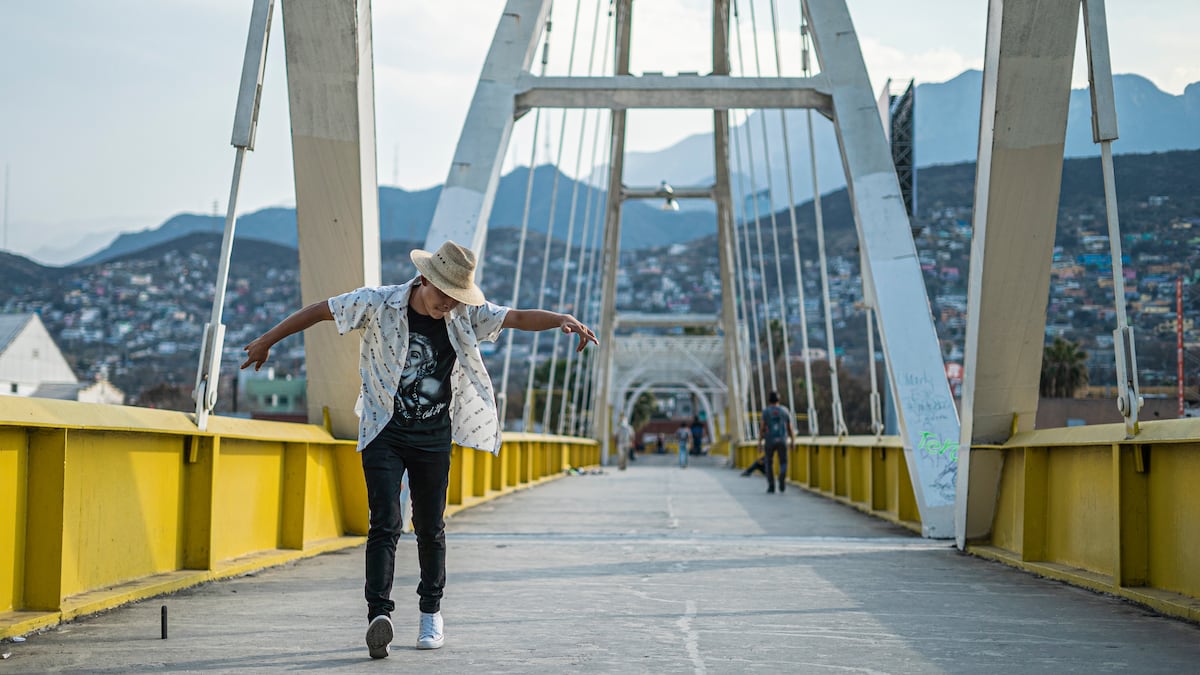
"Here, cumbia isn't just a soundtrack amidst hardship. Rather, it's a way of life that preserves and amplifies the rhythms that fuse African, Indigenous and Spanish culture. Cumbia is something very special but it sounds cooler with our tunes, Alfaro proudly declares. He adds: For me, it's the most beautiful thing in the world. Any song you play touches your soul. It's something magical."
"The nickname Zorro was given to his brother, the band's founder, back in the 1970s. He was my mentor, may he rest in peace. I started playing around with the sounds he left us when I was 15. I [would go on stage] with friends so they could help me with the equipment, my records, my speakers. I quickly learned how to play a song on the turntable."
"On a sunny October morning, Alfaro welcomes a group of Colombian artists, government officials and journalists. They're visiting La Independencia, drawn by its passion for cumbia, but also by the love that Colombia as a whole inspires in a Mexican neighborhood where the cheerful, passionate and hospitable residents view the South American country as a kind of Mecca. In Monterrey, La Independencia is infamous for being considered a violent neighborhood. However, much"
Mario Alberto Alfaro, 52, belongs to a collective that preserves cumbia in La Independencia, Monterrey. Cumbia originates from Colombia's Caribbean coast and fuses African, Indigenous and Spanish influences. Alfaro is part of the Zorro Agustin dynasty, one of the oldest DJ crews dating to the 1970s. He began playing at 15 using his late brother Zorro's records, equipment and mentorship. Cumbia functions as a way of life in a rough neighborhood, preserving cultural rhythms amid hardship. Colombian artists, officials and journalists visit attracted by local passion and the neighborhood's deep affection for Colombia.
Read at english.elpais.com
Unable to calculate read time
Collection
[
|
...
]